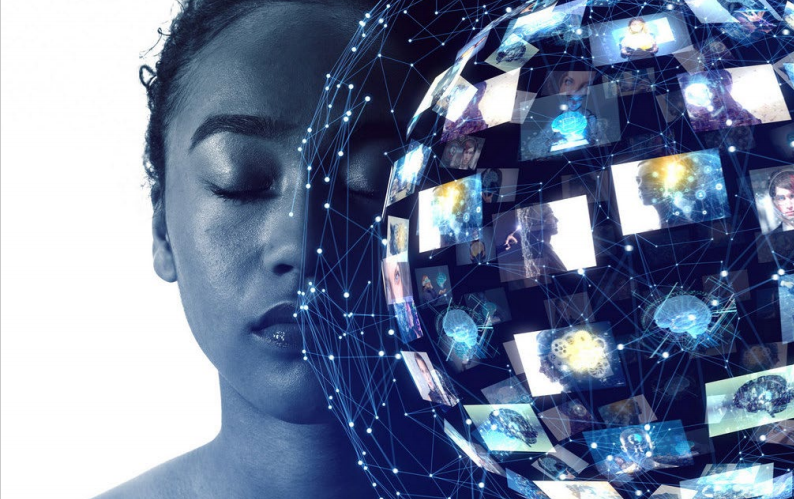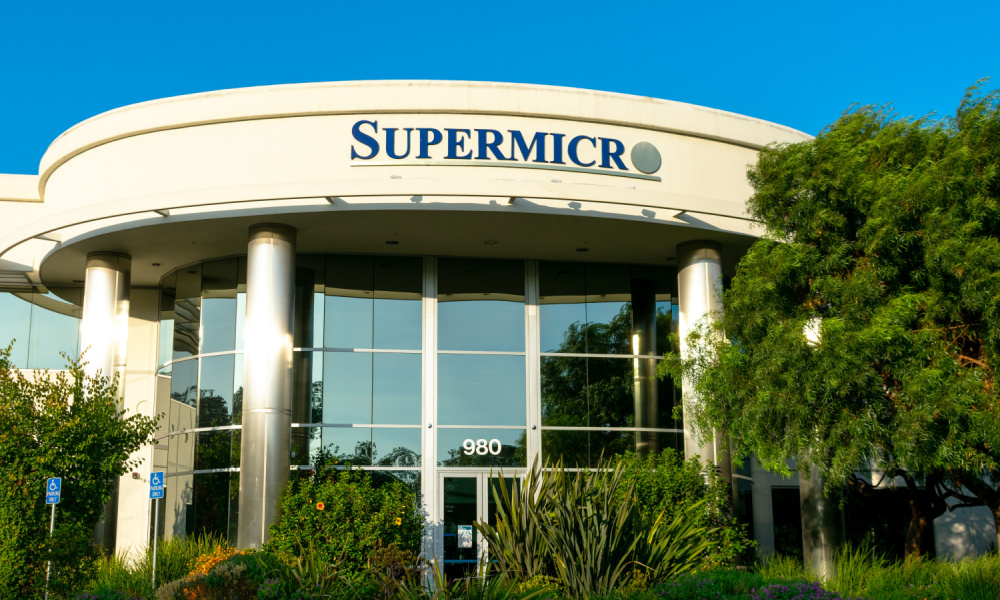The world is constantly changing and evolving, and with it comes new trends that shape our society and the way we live. In recent years, we have seen a rapid advancement in technology, which has had a profound impact on various industries and sectors. From disruptive innovations to the rise of the digital consumer, these emerging trends are reshaping the way we do business, interact with each other, and even think about the future. In this blog post, we will explore some of the most significant evolving trends and their potential impact on our society.
Disruptive Innovation: The Impact of Emerging Technologies
Disruptive innovation refers to the process of creating new products or services that disrupt the existing market and create a new one. This concept was first introduced by Clayton Christensen in his book “The Innovator’s Dilemma” and has since become a buzzword in the business world. With the rapid advancement of technology, we are seeing more and more disruptive innovations that are changing the way we live and work.
The Rise of the Digital Consumer
One of the most significant impacts of disruptive innovation is the rise of the digital consumer. With the widespread adoption of smartphones, social media, and e-commerce, consumers are now more connected than ever before. This has led to a shift in consumer behavior, with people relying on digital platforms for everything from shopping to entertainment.
The rise of the digital consumer has also created new opportunities for businesses to reach their target audience. Companies can now use data analytics and insights to understand their customers better and tailor their products and services accordingly. This has resulted in a more personalized and seamless customer experience, leading to increased customer loyalty and satisfaction.
Moreover, the rise of the digital consumer has also given rise to new business models such as subscription-based services and online marketplaces. These models have disrupted traditional industries and have forced companies to adapt to the changing landscape of consumer behavior.
Artificial Intelligence and the Future of Work
Another emerging trend that is set to have a significant impact on our society is artificial intelligence (AI). AI refers to the simulation of human intelligence in machines that can perform tasks that typically require human intelligence, such as visual perception, speech recognition, decision-making, and language translation.
The use of AI has already transformed various industries, from healthcare to finance. With the advancements in machine learning and natural language processing, AI is becoming more sophisticated and is expected to replace many jobs in the future. This has led to concerns about the future of work and the potential displacement of human workers.
However, AI also presents new opportunities for businesses and workers. It can automate mundane and repetitive tasks, freeing up time for employees to focus on more creative and strategic work. Moreover, the rise of AI has also created a demand for new skills, such as data analysis and programming, creating new job opportunities in these fields.
Sustainable Development and the Circular Economy
In recent years, there has been a growing awareness of the impact of human activities on the environment. This has led to a shift towards sustainable development and the circular economy, which aims to reduce waste and promote the efficient use of resources.
The Power of Data: Big Data Analytics and Insights
Data is now considered one of the most valuable assets for businesses. With the rise of big data analytics, companies can collect, analyze, and interpret vast amounts of data to gain insights into customer behavior, market trends, and business performance.
Big data analytics has enabled businesses to make data-driven decisions, leading to increased efficiency and productivity. It has also allowed companies to personalize their marketing strategies and improve customer engagement. However, with the power of data comes the responsibility to protect sensitive information and ensure ethical data practices.
The Changing Landscape of Healthcare
The healthcare industry is also experiencing significant changes due to evolving trends. With the rise of telemedicine, patients can now access medical care remotely, reducing the need for in-person visits. This has not only improved accessibility to healthcare but has also reduced costs and waiting times.
Moreover, advancements in technology have led to the development of new medical devices and treatments, improving patient outcomes and quality of life. The use of AI in healthcare has also shown promising results in disease diagnosis and treatment planning.
E-commerce and the Transformation of Retail
The rise of e-commerce has transformed the retail industry, with more and more consumers opting to shop online rather than in physical stores. This has forced traditional retailers to adapt to the changing landscape and invest in their online presence.
The Sharing Economy: A New Model for Consumption
The sharing economy refers to the peer-to-peer sharing of goods and services, facilitated by digital platforms. This model has disrupted traditional industries such as transportation and accommodation, with companies like Uber and Airbnb becoming household names.
The sharing economy has not only provided consumers with more affordable options but has also created new opportunities for individuals to earn income through freelancing and gig work.
The Gig Economy: Freelancing and the Future of Work
The gig economy refers to a labor market characterized by short-term contracts or freelance work rather than permanent jobs. With the rise of the gig economy, more and more people are choosing to work independently, giving them the flexibility to work on their own terms.
While the gig economy has its benefits, such as flexibility and autonomy, it also presents challenges such as job insecurity and lack of benefits. As this trend continues to evolve, it is essential for businesses and policymakers to find ways to protect and support gig workers.
Smart Cities and the Connected Future
Smart cities are another emerging trend that is set to transform the way we live and interact with our environment. These cities use technology and data to improve the quality of life for citizens, promote sustainability, and enhance efficiency.
From smart transportation systems to energy-efficient buildings, the potential of smart cities is vast. They can help reduce traffic congestion, improve air quality, and provide citizens with real-time information about their city. However, the implementation of smart cities also raises concerns about privacy and data security.
Conclusion
In conclusion, evolving trends are shaping our society and the way we live in ways that were unimaginable just a few decades ago. From disruptive innovations to the rise of the digital consumer, these trends are transforming industries, creating new opportunities, and challenging traditional norms. As these trends continue to evolve, it is essential for businesses and individuals to adapt and embrace change to thrive in this ever-changing world.




